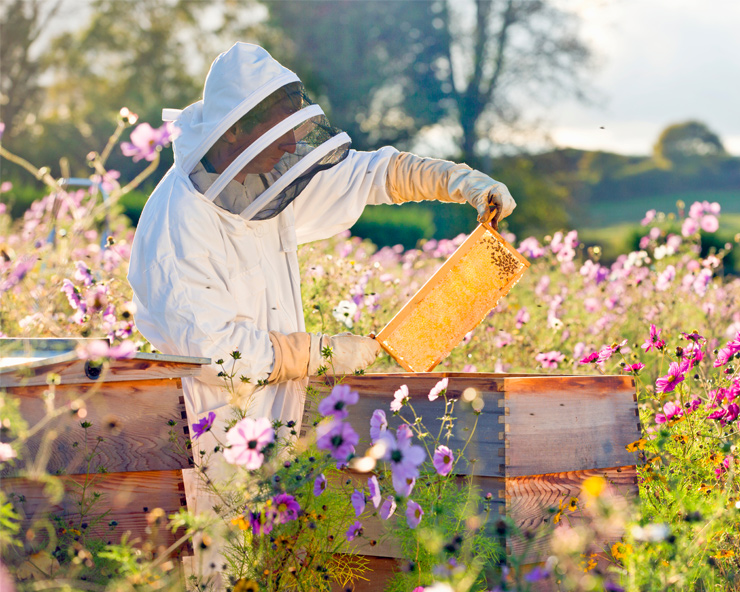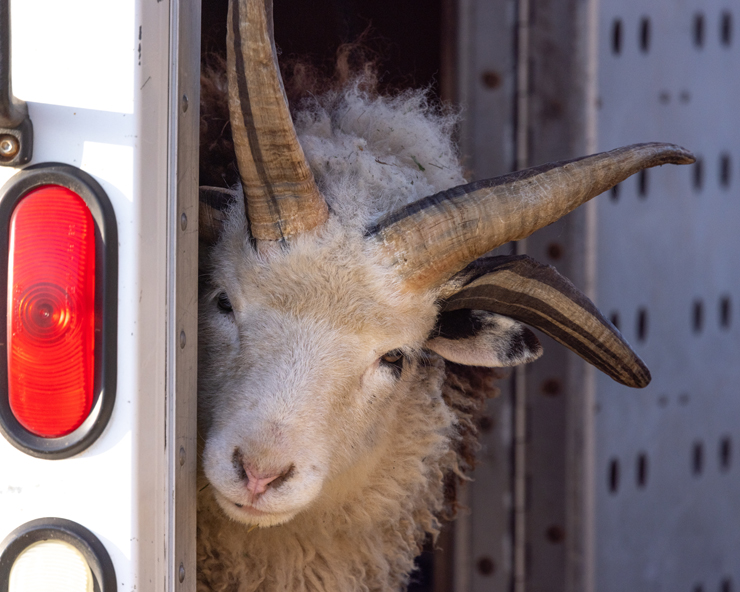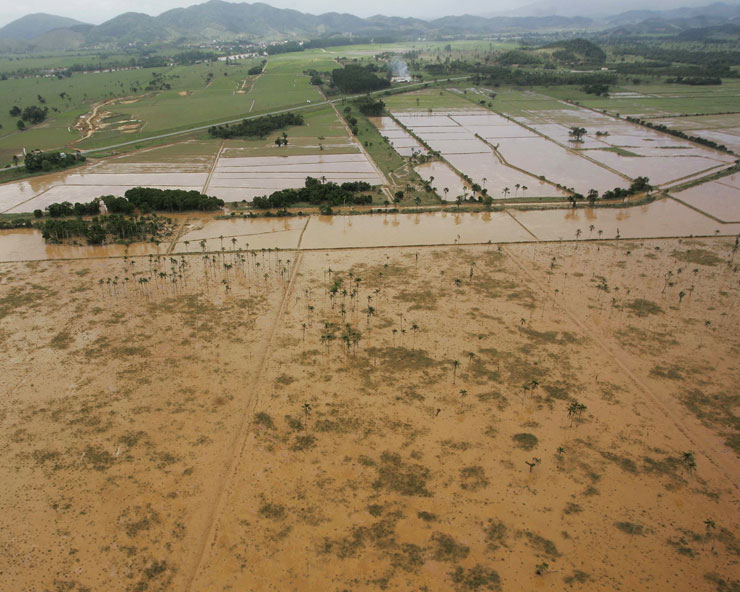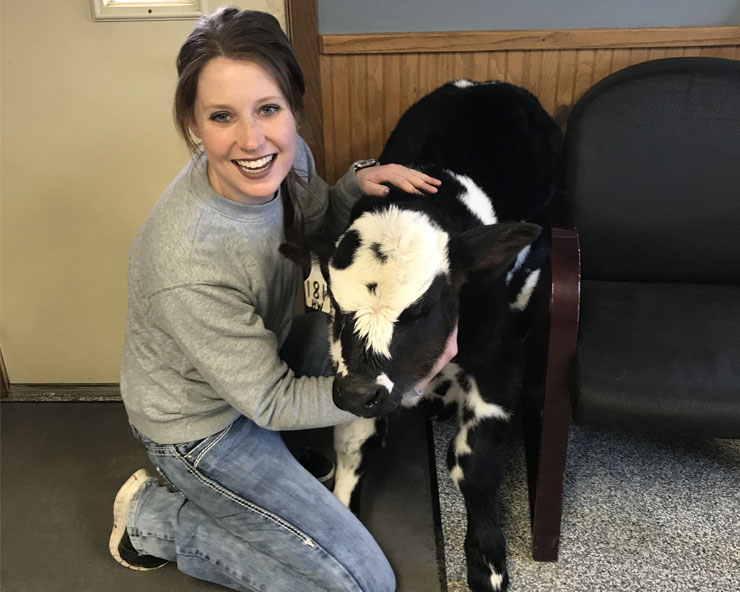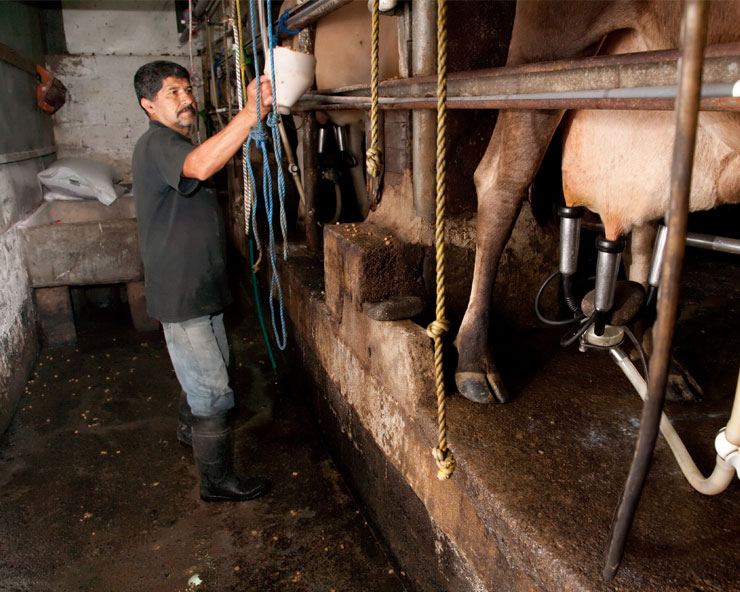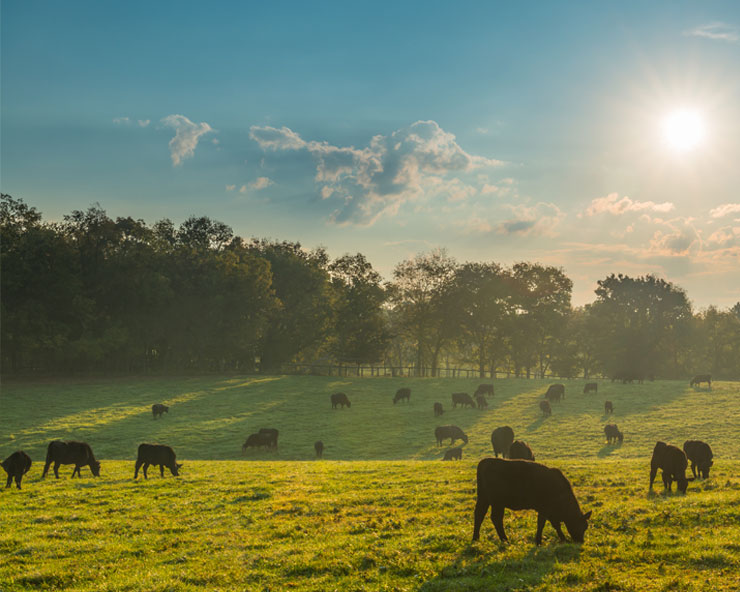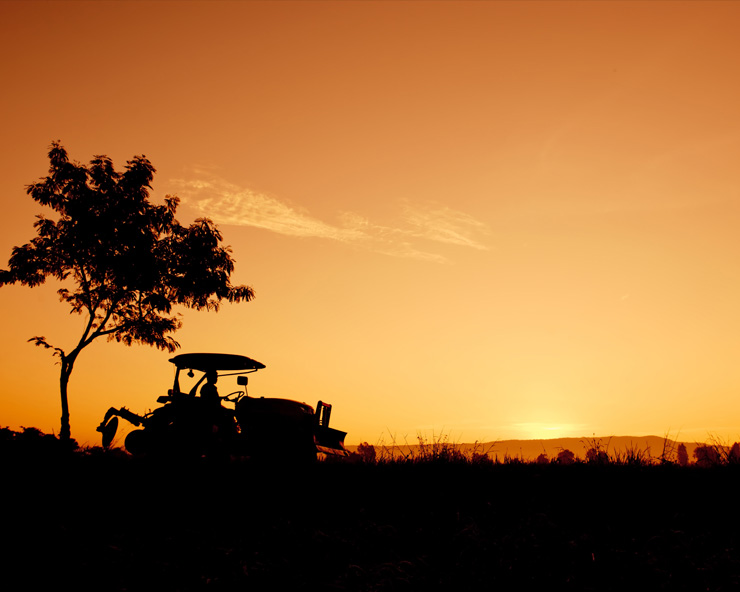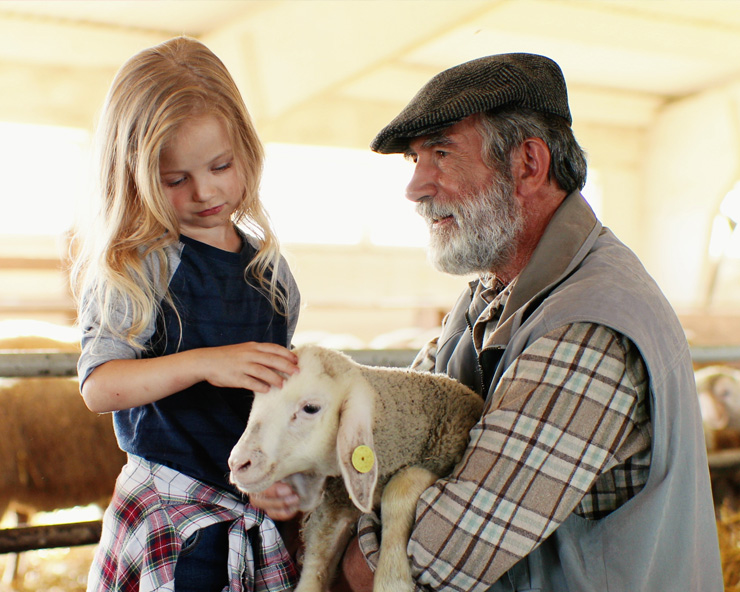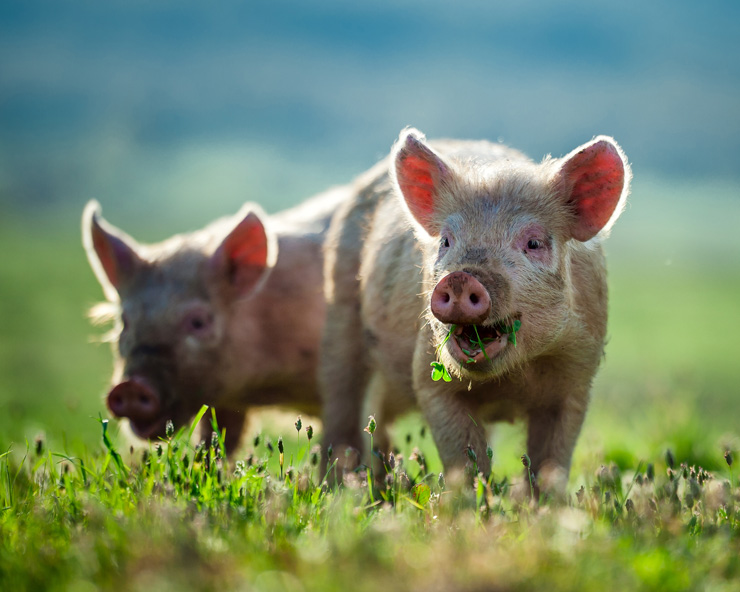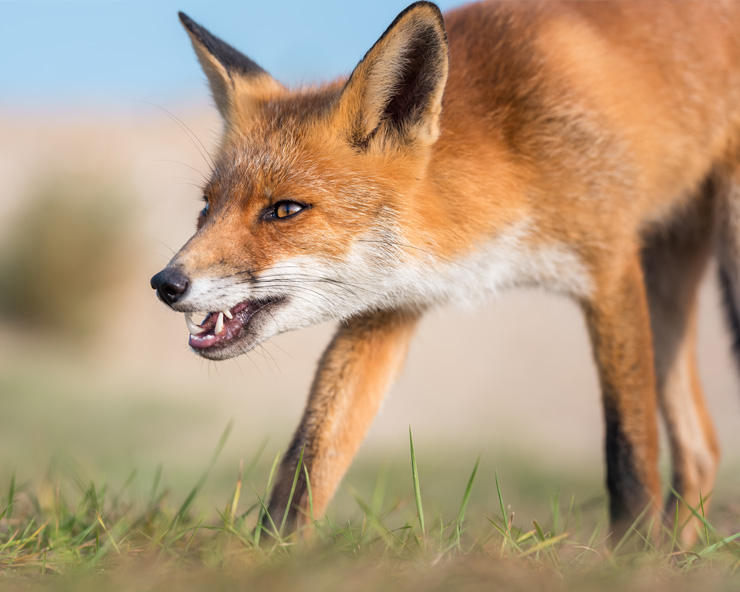Organic Beekeeping
While beekeeping is an endeavor that many can take on, but there are many important considerations to protect the bee’s safety and wellbeing. Some obvious reasons to consider beekeeping are fresh honey, beeswax, pollination of gardens and orchards, and a love of bees. Just like the organic production of meat, milk, and eggs, the production … Read more

